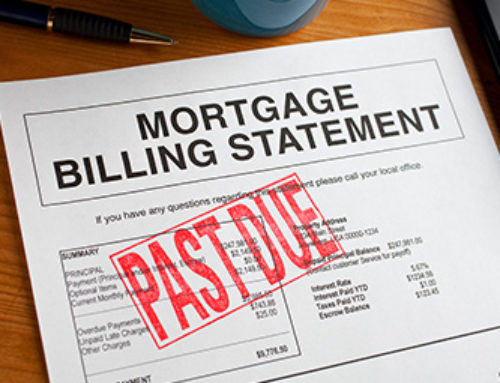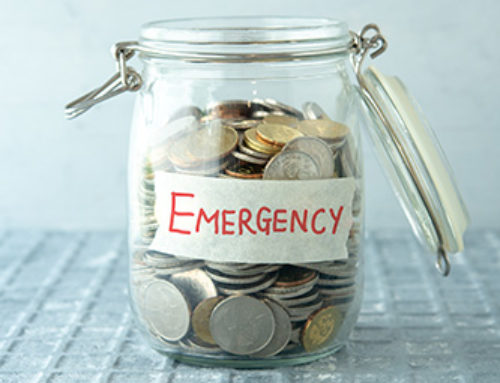National Financial Awareness Day is celebrated on August 14 every year. It’s a day to lay the foundation for your financial future and build your financial stability. Being more aware of your finances and your specific financial situation will help you achieve your financial goals.
The National Foundation for Credit Counseling recently conducted a study and observed from their study that a small majority of American adults (57%) give themselves high marks for their financial literacy. More interestingly, 13% of the more than 2,000 participants said they weren’t sure they fully understood their financial situation.
Not surprisingly, this confusion and anxiety are more common among young people. They grew up amid greater economic and financial doubts and uncertainties than their parents. Many people find financial education overwhelming and sometimes even inaccessible.
National Financial Awareness Day is an important reminder that it’s never too early or too late to start the process of becoming financially aware and a better manager of your money. This article will help you improve your financial education and start your journey to greater financial well-being.
Stop Living Paycheck for Paycheck
As someone that lives from paycheck to paycheck, you can become financially stable either by making more money or managing your money better. If you don’t make enough money to pay your monthly bills and other necessities, your best option may be to take a second or better-paying job. To determine if this is the case, you can do some simple calculations on paper. In one column, write the amount of money you receive from your job and other sources. In the other column, write down the amount of money you spend each month on bills, paying off debts, and other essentials. If the columns are the same, or if your bills/needs total is greater than the total on the income side, it’s time to find a more or better-paying job.
If you’re making enough money but you’re stretching your paycheck far enough, you may need to exercise self-control, but more importantly, you need to figure out where you’re overspending. Most of the time, people overspend if they don’t pay attention to where their money is going. This may sound ridiculous, but you spend the money; of course, you know where your money is going. So, take the time to think about how you spend your money, and you’ll probably be surprised at how much money you’re spending on unnecessary purchases.
Create A Budget
A budget is an important tool for your spending and saving goals, both short and long-term. Without some knowledge of the budget, spending can easily spiral out of control. With 38% of Americans living paycheck to paycheck, the need to budget and save at home is obvious. Fortunately, creating a budget has never been easier. You can download a budget app or do it the old-fashioned way on paper. As your financial awareness increases, a budget can make it easier for you to see how much you’ve saved over a period.
Don’t Forget to Pay for Your Future Self
National Finance Awareness Day was originally created to commemorate the anniversary of President Franklin D. Roosevelt’s signing of the Social Security Act. Indeed, retirement savings, which was the objective of the law, is essential to good financial health. While Social Security currently provides the average recipient about $1,500 a month, many American retirees would like to live more fruitful lives than this relatively modest sum allows. Opening an Individual Retirement Account (IRA), Roth IRA, or 401(k) ensures you have the money you need when you’re ready to leave the workforce. The sooner you open one of these accounts, the better. Your funds grow in the market, so you benefit from a long time spent in the account, not only due to additional deposits over time but also due to the increasing returns of the stocks and bonds in which you invest.
Save Early and Avoid Debt
Credit cards can be a convenient payment method with some nice perks. However, if you don’t pay them right away, they are THE most expensive way to borrow money. Because they offer revolving unsecured debt, they charge a high-interest rate on the money you borrow. Don’t fall into the credit card trap. If you have one, pay it off as soon as possible. Once you pay off your credit card, only charge amounts you can easily pay off before the end of the billing cycle.
To avoid using credit, you must save. But don’t just save, save wisely. As you build your savings, use different types of savings accounts to get a better return on the money you don’t need access to as much. In other words, you should keep the money you need regularly in a savings account, but savings that exceed your daily needs may be better suited to a higher-yielding money market account.
Maintain Good Credit Score
If your credit score is high, it’s probably because you’re using it wisely and not defaulting on your debts. If your credit is not good/high, you may need to change the way your credit is managed. Some factors that affect your credit score are the amount of debt you owe, the number and types of credit accounts you have, the length of your credit history, and your balance of payments.
Financial awareness is not the same for everyone. Yet almost all of us can add new tools to our toolbox to help reduce debt, save for the future, prepare for retirement, and any other goals we set for ourselves. This National Financial Awareness Day, take a few minutes to assess your financial health and create a plan to improve your fiscal prospects. By August 14 of next year, you might just look at your bank account and be proud you did.
Follow the tips and insights in these articles, and you can improve your long-term financial well-being. If you need help controlling your finances and planning for the future, you can contact one of our financial planners. To get more financial awareness, our experts at Reb0und can advise you on all aspects of your finances. Reach out to us today to learn how sound financial decisions. Call us on 800 852 5049, send us an email at contact@reboundfromdebt.com, or fill out a contact form here with www.reboundfromdebt.com/schedule-a-call/



